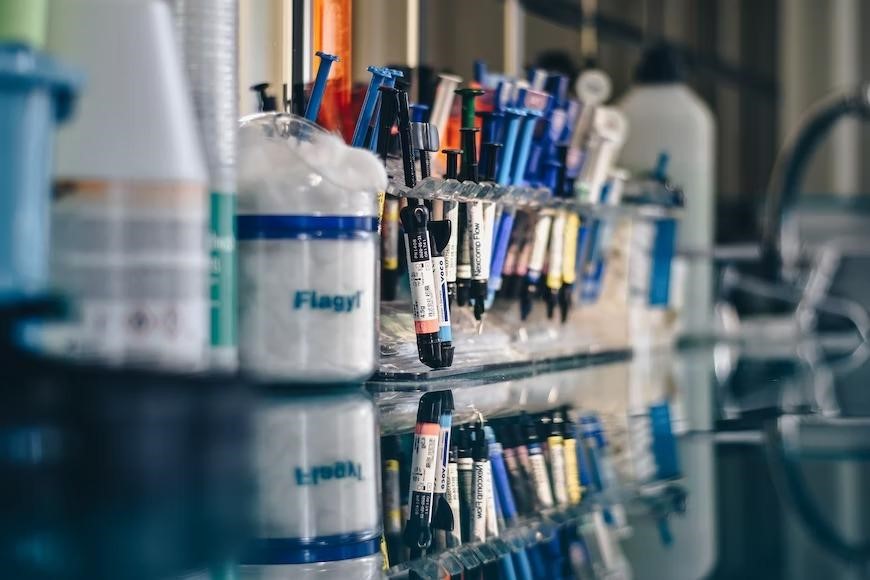Why Proper Healthcare Waste Management Should Be Prioritized
1/13/2023

Management of healthcare waste is a subject of concern globally. In most medical institutions, it was discovered that non-hazardous waste takes up about 85% while hazardous waste takes up the remaining 15%. This waste can lead to various risks for both humans and plants in case it is disposed of incorrectly.
Therefore, let’s check out why it is essential to properly manage medical waste.
Risks Associated with Unsafe Disposal of Healthcare Waste
Healthcare waste is generated from hospitals, buildings where research is done, laboratories, nursing facilities, mortuaries, autopsy facilities, and more.
In countries that generate low incomes, it can be a difficult task to separate hazardous waste from non-hazardous one. As a consequence, this provides more toxic waste.
Moreover, COVID-19 is still causing harm and is rapidly increasing the amount of medical waste thus making the situation even worse.
Some of the risks may be caused by:
Microorganisms that affect healthy people.
Burning of chemicals thereby resulting in air and water pollution.
Infected needles can make the healthy to contract HIV, HBV, HCV, etc.
Therefore, unless we take certain measures, improper disposal could lead to more environmental and public health disasters. Luckily, The United Nations Development Program (UNDP), is at the forefront to ensure that the effects of COVID-19 are addressed and dealt with.
Conclusion
The main goal of UNDP is to ensure that medical waste is treated and disposed of appropriately. This will include providing proper equipment for safe disposal and enlightening medical facilities on the importance of discarding medical waste properly.
